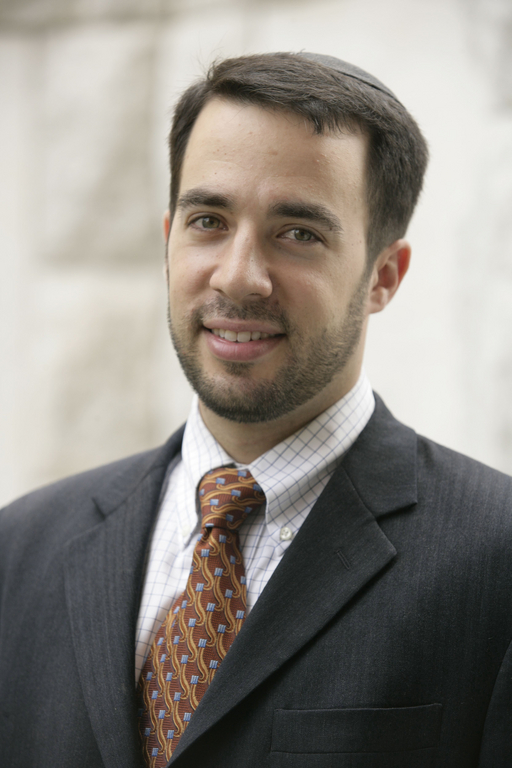Parshat Pinchas: Tying together loose ends
Issue of July 10, 2009 / 18 Tammuz 5769
A movie truism says that if you’re introduced to a character in the beginning of a film, even if the storyline does not seem to involve that person, the character will have played an important role by the time the final credits roll.
Loaded with seemingly innocuous information such as the census numbers of the new generation of each tribe and all the offerings related to the holidays, Parshat Pinchas also introduces a number of seemingly irrelevant characters, and concludes old tales starring familiar faces.
We begin with the end of the tale of Zimri, when Pinchas is informed that his zealotry has awarded him the opportunity to join the priesthood. We now know who will replace Elazar as High Priest upon his death.
In the context of Moabite women causing the nation to sin, we are introduced to the presence of Midianite women (25:14). This culminates three verses later in the command to fight the Midianites - a fight we will see actualized in next week’s
Torah portion.
Chapter 26 recounts the families of the tribes, beginning with Reuven. While the families listed here generally follow the names of the children of Yaakov who descended to Egypt, there are a few exceptions, missing names and changed names, which are a topic for a different day.
When the children of Eliav are mentioned in 26:9, Datan and Aviram are recorded as the rabble-rousers who challenged Moshe and Aharon along with Korach. Their fate is repeated, and their book is closed. The fate of their brother Nemuel is not mentioned, and the sons of Korach are reported as having survived the two-pronged punishment of the ground opening and fire consuming 250 men.
While it would seem irrelevant to mention the sons of Yehuda who died before the family even came to Egypt, they are nevertheless remembered. Perhaps it is because Peretz and Zerach, the twins Tamar (the widow of both Er and Onan) bore to Yehuda replaced their brothers in a retroactive levirate-type of arrangement. (Normally a brother will perform Yibum, marry his childless deceased brother’s widow in order for the children from the union to be considered the deceased’s child. In this case, unknowingly, their father played a similar role, causing Peretz and Zerach to be both brothers to the deceased as well as levirate sons.)
In a glaring retreat from the normal accounting of families, 26:33 mentions one man, Tzlafchad, who died leaving five daughters and no sons. Like the seemingly superfluous character in a film, the daughters have their fifteen minutes of fame in chapter 27:1-11 when the issue of their inheritance plays out. (They appear again in chapter 36 as objects of discussion, not as the subjects of the storyline.)
The mention of Serach, daughter of Asher, in 26:46, is also suggestive, but her existence is never again raised in the Torah. Her tale unfolds in the Midrash and commentaries.
26:63-66 closes the episode of the countings. Nadav and Avihu join the ranks of Er, Onan, Datan and Aviram in that each died leaving no heir. No one else from the original countings of Moshe and Aharon, save Kalev and Yehoshua, were slated to enter the Land - all had died. Aharon’s son, Elazar, the current High Priest, had been too young at the time of the spies to be counted among those who would die with the generation of the desert.
In the second half of chapter 27 we are told that, in an easy transfer of power, Yehoshua would take over for Moshe. It seems, in a sense, that Moshe has been included in the generation of the spies who will not enter the land on account of their deeds. (Perhaps he confirms this reason for his death in Devarim 1:36-38)
Chapters 28 and 29 are the order of the sacrificial offerings for the holidays.
Is there significance to an idea that the parsha named for a person who is identified in rabbinic literature as Eliyahu, and thus the Messiah, is the parsha in which so many loose ends are tied together? Maybe. Maybe not.
When the Messiah comes, however, we hope and pray he will be able to tie up our loose ends, answer our questions and bring clarity, so we can herald his arrival and see the world and G-d’s vision for it with the greatest clarity known to man.

 49.0°,
Fair
49.0°,
Fair 




